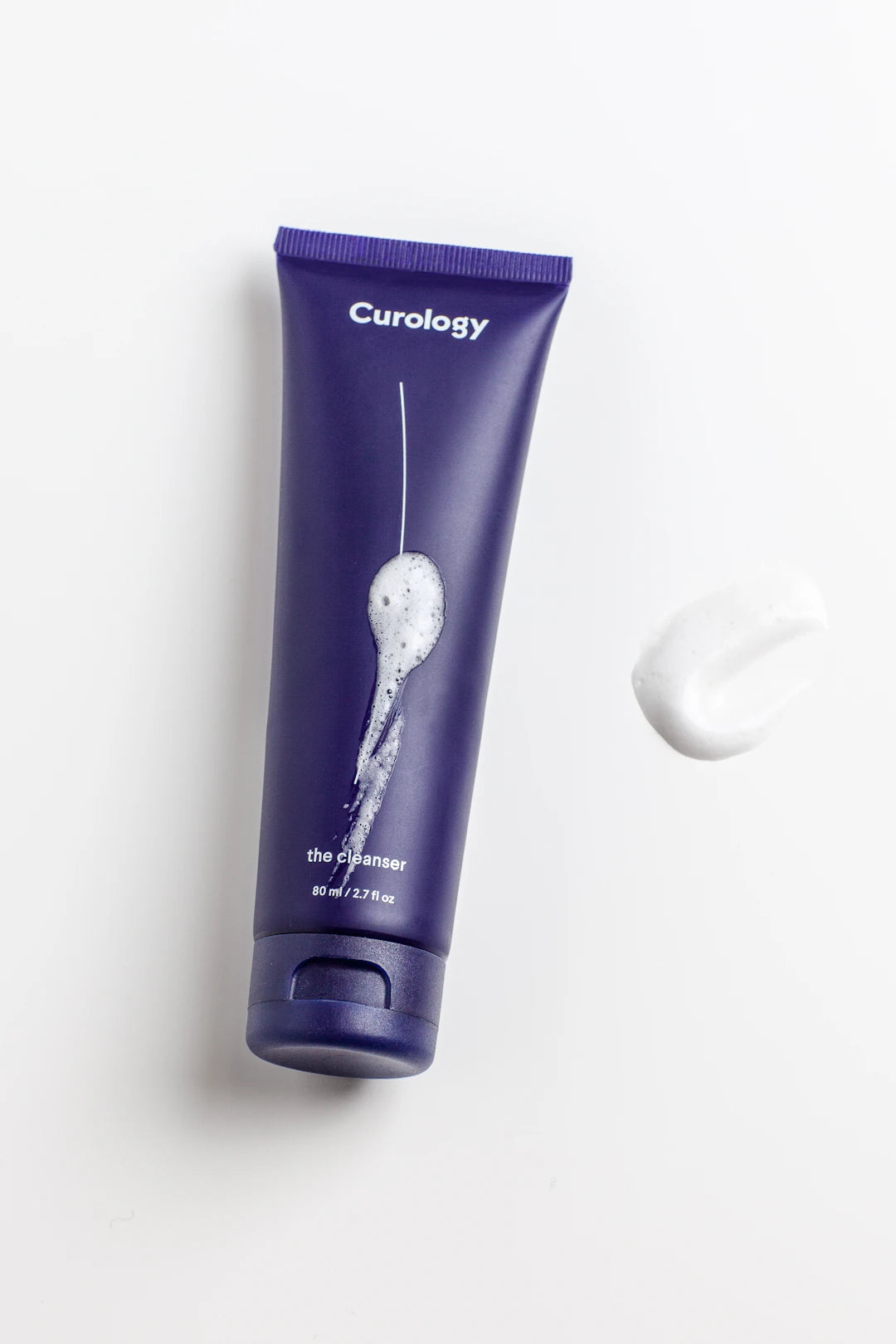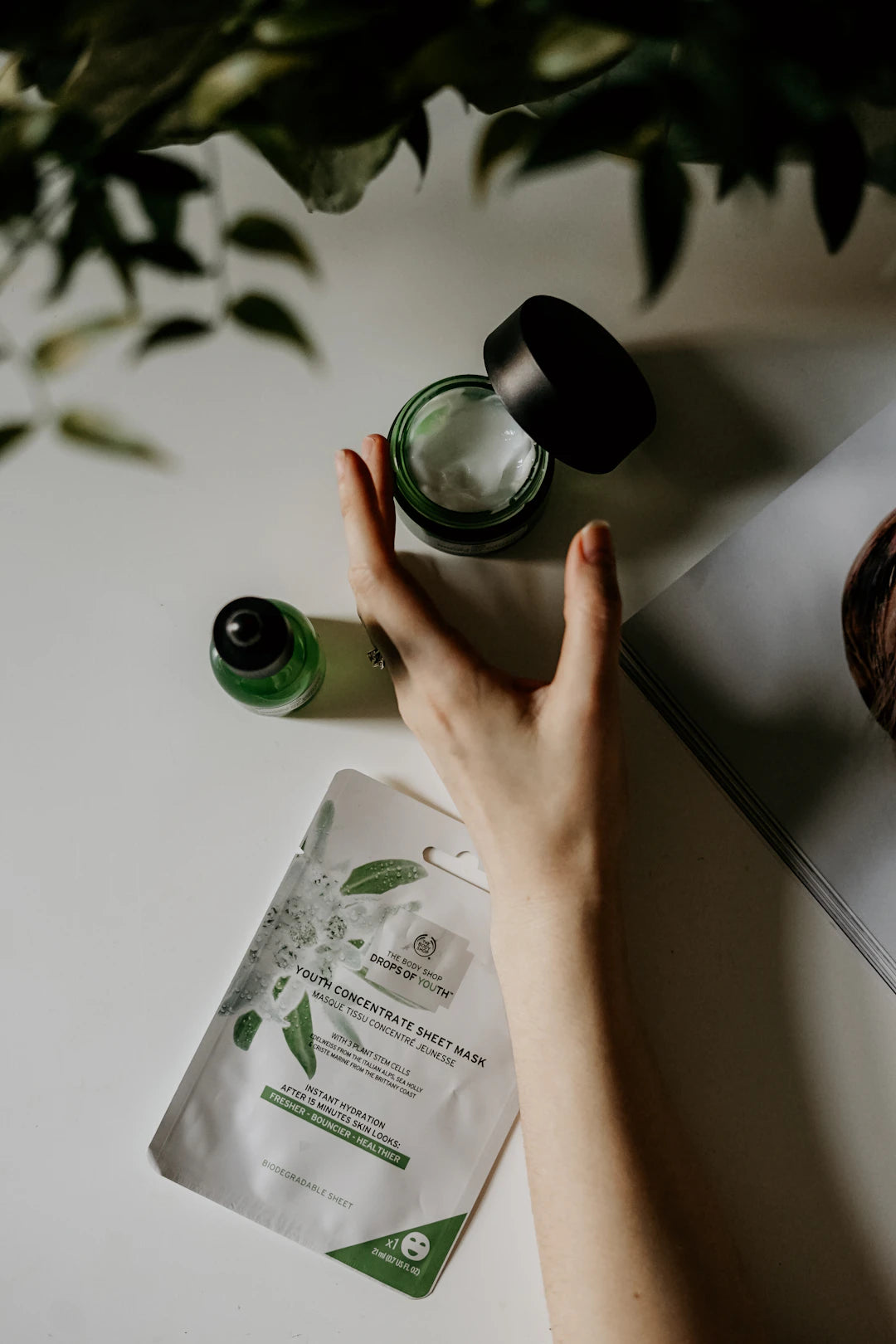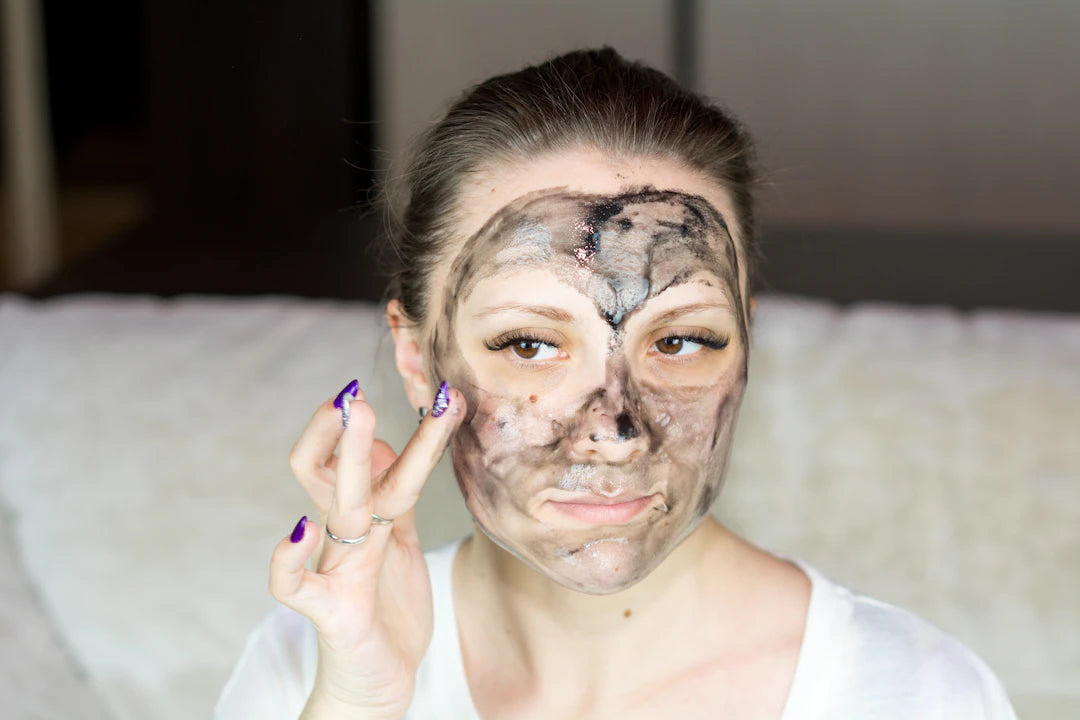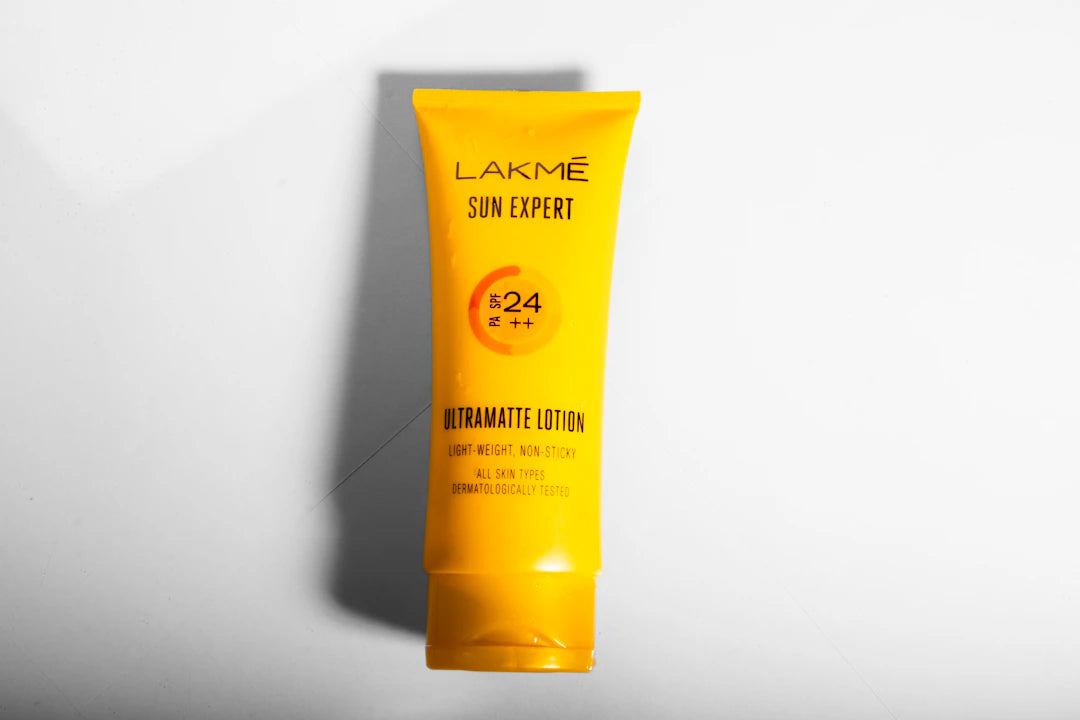Moisturizing: Vital Techniques for Glowing Skin

Frequently Asked Questions
1. Why is moisturizing important for skin health?
2. How do I choose the right moisturizer for my skin type?
3. What is the best technique for applying moisturizer?
4. How can I adapt my moisturizing routine for different seasons?
5. When should I consult a dermatologist regarding my skin hydration issues?
Moisturizing is a fundamental component of a healthy skincare routine. It not only helps maintain your skin's hydration but is also pivotal in preventing various skin issues. In this article, we will explore the importance of moisturizing and effective techniques to help you achieve that coveted glow.
Why Moisturizing Matters
The importance of moisturizing cannot be overstated. Hydration plays a key role in skin health, promoting elasticity, softness, and a youthful appearance. Here are several reasons why you should prioritize moisturizing in your daily skincare routine:
Enhances Skin Barrier Function
Your skin is the first line of defense against external aggressors. A well-moisturized skin barrier is crucial for protecting against pollutants and harsh weather conditions. When you keep your skin hydrated, you enhance its barrier function, helping to lock in moisture and keep irritants out.
Reduces Signs of Aging
One of the major reasons people seek moisturizing products is their anti-aging benefits. Proper hydration can minimize the appearance of fine lines and wrinkles. Using products like an anti-aging micro serum can amplify hydration, targeting signs of aging more effectively.
Finding the Right Moisturizer
It’s essential to choose a moisturizer that caters to your skin type. Here’s a quick guide:
- Oily Skin: Opt for a lightweight, oil-free moisturizer that hydrates without adding excess grease.
- Dry Skin: Look for thicker creams with rich emollients and ingredients that offer deep hydration.
- Combination Skin: A gel-based formula may work best to hydrate without exacerbating oiliness in specific areas.
- Sensitive Skin: Choose gentle, fragrance-free products that won’t cause irritation.
Moisturizing Techniques to Try
Applying moisturizer is not just about slapping on a product. There are techniques to make your moisturizing regimen more effective. Let’s dive into some of the best methods for ensuring your skin gets the hydration it deserves.
Apply on Damp Skin
One of the most effective techniques is to apply your moisturizer on damp skin. After cleansing your face, leave your skin slightly damp before applying your moisturizer. This technique helps to lock in moisture more efficiently, maximizing hydration.
Use the Right Amount
More is not always better when it comes to moisturizer. Using the right amount is crucial for both effectiveness and avoiding clogged pores. A pea-sized amount is generally sufficient for your face, while your body may require more depending on the area.
Don’t Forget Your Neck and Décolleté
When applying moisturizer, don’t neglect your neck and décolleté. These areas are often exposed to the same environmental factors as your face and should be treated with the same care to promote skin tightening and hydration.
Incorporate Oils as Needed
If you have very dry skin, consider incorporating facial oils into your routine. Oils can provide an additional barrier to seal in moisture, further enhancing hydration. Look for lightweight oils that absorb quickly without leaving a greasy residue.
Your Moisturizing Routine
Establishing a structured moisturizing routine can yield better results. Here are key steps to incorporate:
Morning Routine
- Cleanse your face with a gentle cleanser.
- Apply a toner to prep your skin.
- Use an anti-aging micro serum if desired.
- Finish with your chosen moisturizer to lock in moisture.
Evening Routine
- Cleanse your face thoroughly to remove makeup and impurities.
- Use a serum that targets your specific skin concerns.
- Apply a rich night cream to promote overnight hydration.
Adapting To Seasonal Changes
Your skin’s needs can change with the seasons. In the summer months, you may prefer lighter, gel-based moisturizers to avoid feeling greasy. Conversely, winter often calls for thicker creams to combat dryness caused by cold weather.
Hydration and Lifestyle
Your lifestyle also plays a role in your skin’s hydration levels. Here are some tips to maintain hydrated skin:
- Stay hydrated by drinking plenty of water throughout the day.
- Limit exposure to hot showers, as they can strip moisture from the skin.
- Avoid long periods in air-conditioned environments; these can dry out your skin.
- Incorporate fruits and vegetables rich in water content into your diet.
Knowing When to Seek Help
Sometimes, despite your best efforts in moisturizing, your skin may still feel dry or irritated. If you are facing persistent issues, it’s wise to consult with a dermatologist. They can provide tailored advice and recommend suitable products or treatments to address specific skin concerns.
Understanding Skin Types
Being aware of your skin type is crucial for choosing the right moisturizing methods and products. Here’s a brief breakdown:
- Normal Skin: Well-balanced moisture levels; use lightweight moisturizers.
- Oily Skin: Excess oil production; opt for water-based or gel moisturizers.
- Dry Skin: Lacks moisture; rich creams are best.
- Combination Skin: A mix of oily and dry areas; consider different products for different zones.
Unlocking the Secret to Radiant Skin
Moisturizing is an essential aspect of any effective skincare routine. Whether you’re looking to combat signs of aging with an anti-aging micro serum or aiming for skin tightening, keeping your skin hydrated is the key. By understanding the importance of moisturizing and implementing effective techniques, you can dramatically improve your skin's health and appearance. Remember, a little dedication to your moisturizing routine can yield glowing and youthful skin.


